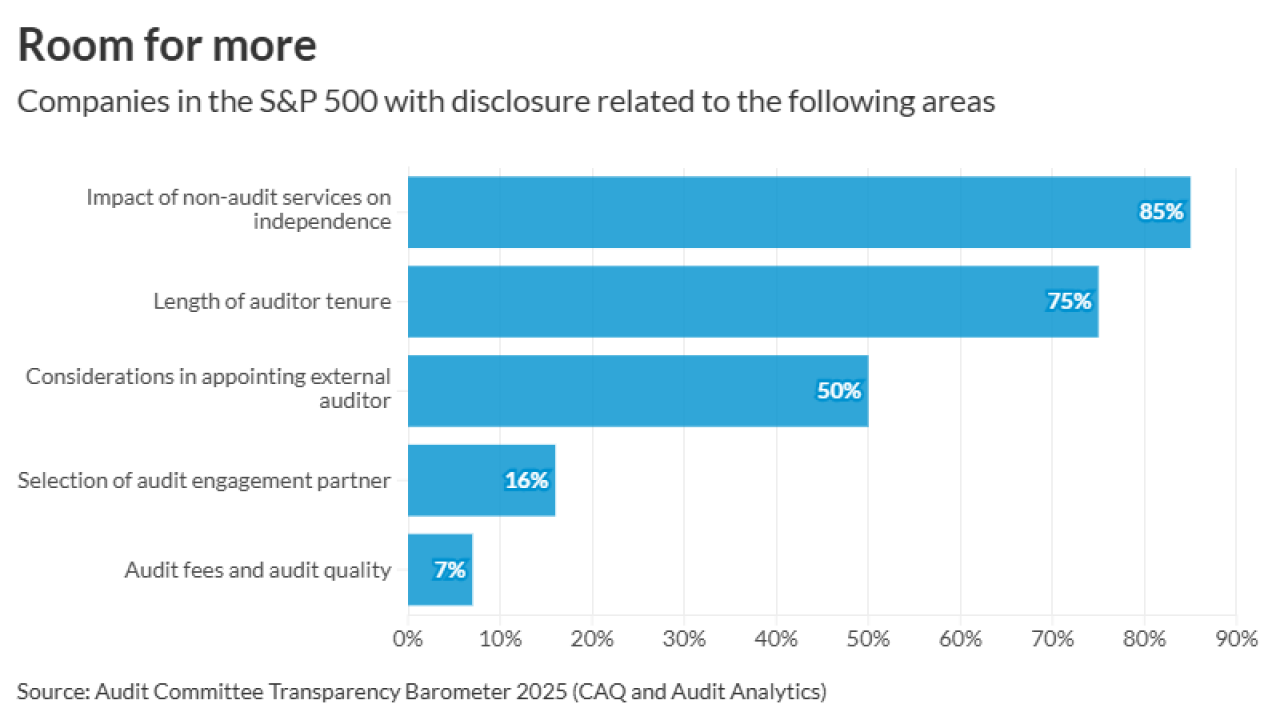Almost two decades ago, in the heyday of firm consolidation, giants such as American Express gobbled up several firms a month — and not all of them were large. Many were small, local firms just ripe for the picking. Although the consolidators were usually mum about their payouts, the formula then, in terms of valuing a firm, was about 1.5 times annual billings plus 10 percent, according to professional journals and research at that time.
If a consolidator was prepared to purchase your firm today at a price slightly above market, would you be ready to sell?
The best exit plan is to make your firm more attractive to prospective buyers. Even if you have no intention of selling your firm, you should always be prepared for an offer to sell. As we all know, our health and well-being are uncertain. And sometimes life just gets in the way and you may find yourself one day wishing you were sitting on the side of a mountain or possibly changing careers altogether. Tactics vary on how to get your firm in shape, but it's best to try and use every tool you can — and even more than that, to keep a willingness to change how you do business and perhaps how you even think of your practice.
Ways to boost margins
Every accountant knows that our profession has long enjoyed a high net profit margin. Firms heavily into tax prep, bookkeeping services and lower-end accounting software consulting have also historically notched even higher margins. These conditions indicate that positioning your firm for a future sale might mean evolving toward quicker, high-turnover work and away from clients who require the time-consuming attentions of highly skilled, senior-level accountants.
That latter work and the "hand-holding" it involves might be the work you've found most satisfying through the years, but changing it could boost the price of grooming your firm for sale. In other words, working with clients remotely rather than in person can produce enormous productivity gains in your practice. It can also make your practice easier to sell because it operates more like a franchise with well-defined business processes rather than a firm dependent on the current owner’s expertise and relationships.
Even though they can take time and attention to grow, niche markets are proven methods to increase fees, improve the quality of your lead generation, and retain clients longer. Besides the obvious advantage of your firm being a big fish in a somewhat smaller pond, niches are a great way to net referrals for other services.
Referrals are probably the surest way to build a niche. Though it isn't necessarily fast, a great referral network can, after a while, run itself. A few years ago, one Florida accountant reported that once he completed the tax return for a local priest, he soon found himself doing the returns of almost all the religious leaders in the area.
Do a self-assessment of your own skills and survey your staff to determine what skills and interests they have that could help your firm penetrate a niche. Next, find out about the networks of clients in those niches, such as trade groups or online business networks, and attend meetings or participate in online communities. Find the influential publications and bloggers of your prospective niche clients' profession and offer your firm's expertise by contributing articles, conducting lectures and workshops, and using other methods to get your name known. After all, you have knowledge to offer; accountants tend to forget how urgently people in other professions want tax and estate planning expertise and guidance. And, perhaps most importantly, ask for referrals from satisfied niche clients.
Go tech
Start with your accounting software; look for scalability and the ability to work in a heads-down data entry mode or in a drop-down, mouse-driven mode. Look for software that integrates well with mass-market client-oriented accounting programs such as QuickBooks, and with tax prep software. Look for programs that offer direct import of bank-cleared transactions, general ledger auto-fill and auto-populate, customizable reports, reporting flexibility, direct delivery of reports in real time, the ability to automate processes when needed and programs that are web-based, or cloud-friendly.
Even if you’re not sold on SaaS or software-as-a-service, you'll want to be familiar with it in order to understand how it could potentially help boost your firm productivity and ultimately your firm profit margins.
Regularly assess your situation
Are you ready for a sale? Every firm is different. Geographical location, firm history and other factors also come into play. Nevertheless, the best advice is to regularly review your firm’s “sale” potential. Again, even if you have no intention of selling the firm, finding ways to boost productivity, elevate profit margins and make the firm less dependent on the current ownership are always good for your firm, and keys to a solid exit strategy.





